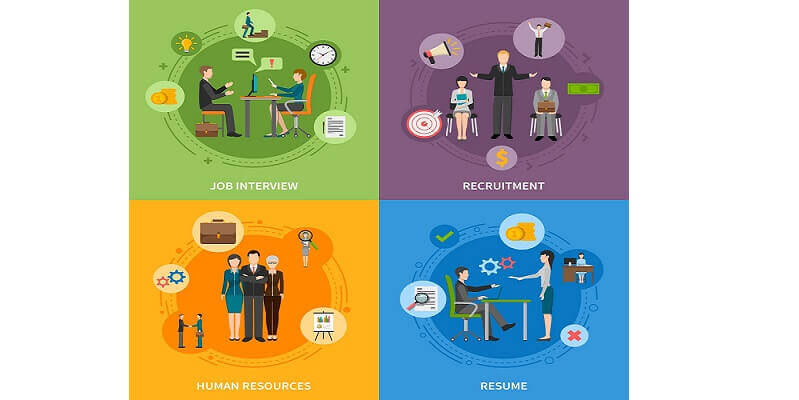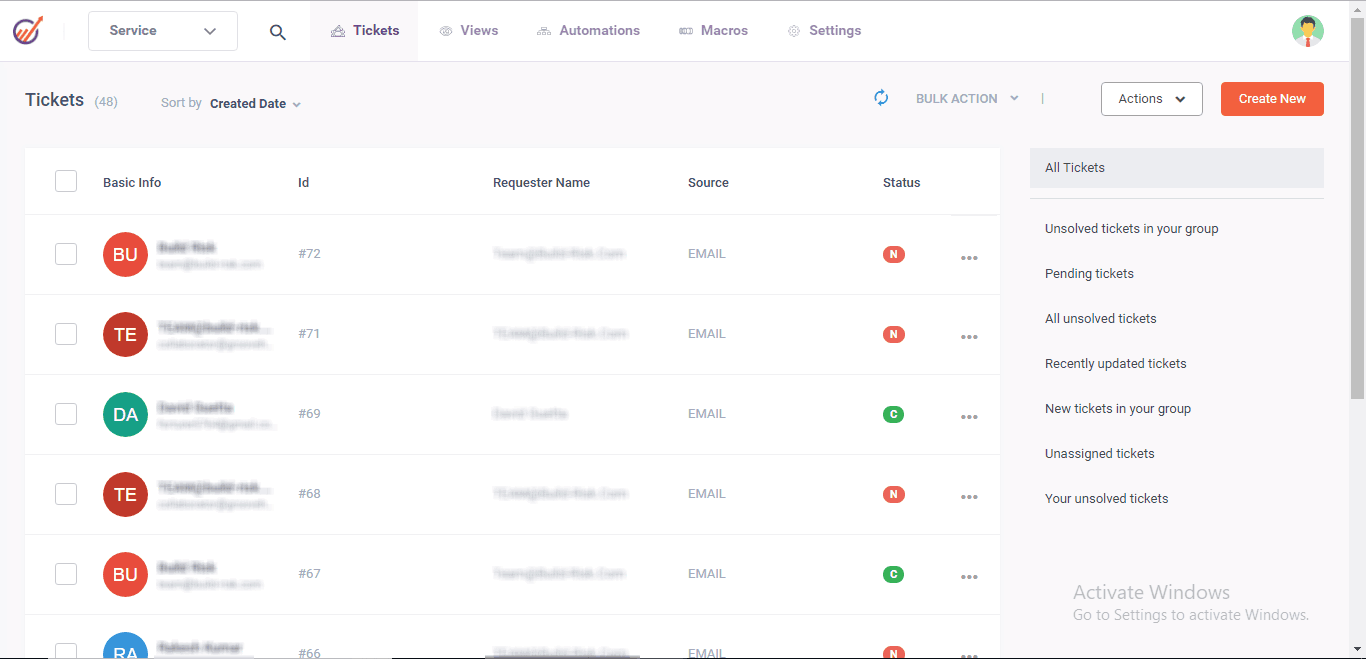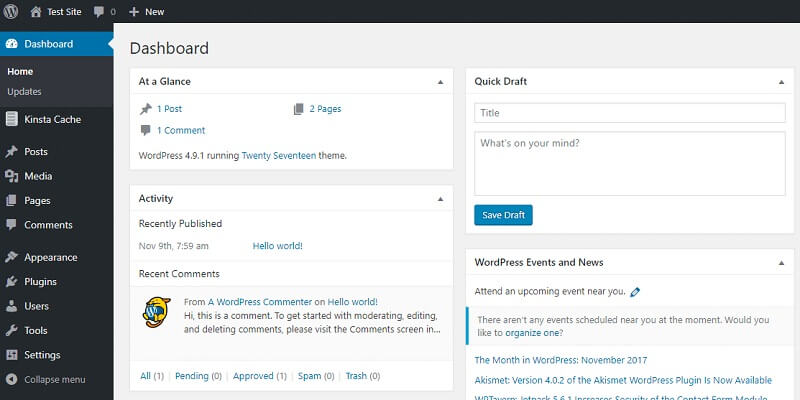Discover the important role of a PEO and how it can benefit your business. This guide provides a comprehensive understanding of the PEO’s functions and advantages.
Today, hiring rising talents has become global. Often, you can discover expats all over the organizations in the United States. It happens because more and more candidates get excited daily about working with overseas companies instead of their nation-bounded firms.
The reasons for accepting an international offer vary from person to person. But one thing remains common: it is for the greater good. Following that, there are a few challenges that bother the companies intending to hire internationally.
However, there are job portals, staffing agencies, and professional employer organizations (PEOs) worldwide to get you through it. In this article, our focus is on the role and benefits a PEO offers regarding overseas hiring.
To Start, Let’s Understand The Role of a PEO
A PEO (professional employer organization) is a company that enters into a joint-employment arrangement with another company by leasing personnel to that company, allowing the peo employer to share and handle numerous employee-related tasks and liabilities.
Employers can outsource human resource activities such as employee benefits, employee compensation, payroll administration, workers’ compensation, and employment taxes. As a result of this, PEOs often act as professional employers for their client’s employees.
Employee liability is transferred to the PEO when the client company reports its salaries using the PEO’s federal employer identification number (FEIN). Employers profit from economies of scale by offering more benefit alternatives, sometimes at lower rates.
Depending on the contract, any organization can outsource a few or all HR functions from a PEO. Companies that do not wish to co-work but want some of the benefits of outsourcing can enter into an administrative services outsourcing (ASO) arrangement.
A PEO can provide substantial benefits, particularly for a small company that may lack the breadth of HR experience or system capabilities for services such as payroll and HRIS, as well as the time and resources to focus on many transactional HR functions.
Let’s explore more:
Benefits of a PEO
1. Softens Load of Managerial Tasks
Working with a PEO relieves you of all the time-consuming administrative responsibilities of running a business. A PEO engagement saves your time and allows you to focus on the day-to-day operations of your organization.
2. Benefits Smaller Companies
The PEO model allows small firms to sign up for benefits generally only large corporations enjoy. Employees can frequently obtain medical coverage at a lesser cost than dealing with an insurance company directly. It implies the better health, retirement, and workers’ compensation insurance of the corporation and its employees.
3. Statutory Adherence
PEOs are highly qualified experts in maintaining a company’s compliance with state and federal rules. Tax structures, personnel legislation changes, workplace safety compliance, and other risk compliance issues are examples of these. Knowing that your company follows federal, state, and local regulations and standards gives you peace of mind.
4. Lawful Protection
Most PEOs provide civil and labor liability insurance if a former employee sues the company for discrimination or wrongful termination.
5. Talent Acquisition
Better benefits and more stringent HR standards assist you in attracting the best individuals in your field. PEO services can assist you with hiring, onboarding, and even terminating employees. We also give additional resources for online job advertisements and interview management.
6. Takes HR Administration to The Next Level
Some PEOs give data analytics and benchmarking services to gain insights about your staff. You could potentially be able to better respond to crucial questions with the correct data and HR skills, such as:
- What do you pay certain personnel, and how does that compare to the market?
- Which skill sets are most relevant to a job opening?
- Which departments require more personnel?
- How does your turnover compare to that of your competitors?
This type of information can assist you in realigning your business procedures to boost staff retention and reduce turnover.
Which Businesses Benefit The Most from a PEO?
Now we know that there are several benefits of PEO. Co-employment is common in small and medium-sized firms, although larger organizations can benefit too. Indeed, PEOs are a good fit for practically every industry, including, but not limited to:
- Property management
- Real estate
- IT services
- Brokers and dealers in securities
- Engineering assistance
- Health-care services
- Legal assistance
- Services for management consulting
- Services for businesses
- Bookkeeping, accounting, and auditing
- Manufacturing
- HVAC, plumbing, electrical, and other trades
- Insurance
- Wholesale
- NGOs
Summary: Role Of A PEO And Its Benefits
You have excellent resources to hire employees, including a brilliant team, digital portals, and a tremendous budget – we don’t deny that. However, you have a business to run and churn profits daily. That’s why you need a PEO employer to accomplish overseas hiring on time.
We hope you now understand what HR outsourcing firms can do and what PEOs can do for you. While HR outsourcing firms have limitations and staffing agencies have boundaries, PEOs can establish a joint venture with you and share HR-related and recruitment responsibilities with your organization.



